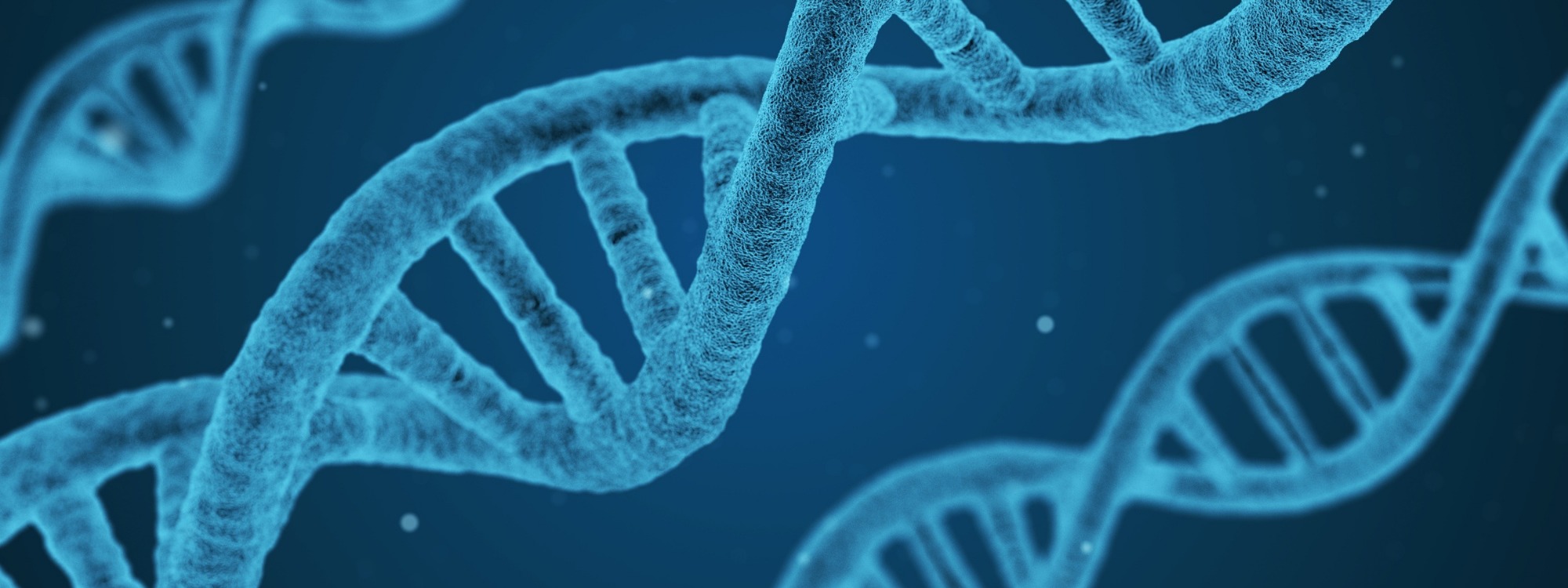Biology A Level
Back- Home
- Courses
- Our Courses
- Biology A Level
Biology A Level Course Outline
Advanced Level 3
Awarding Body: OCR
Study Biology
A-level Biology is the study of life and living organisms. This course offers a fascinating exploration into the fundamentals of biological systems, from the molecular level to entire ecosystems. You'll gain a deep understanding of concepts like genetics, microbiology, taxonomy, biochemistry, and physiology. You will investigate the way the body works, the impact of the genome and epigenome on metabolism, and how cells communicate.
Lessons involve extensive discussions, practical equipment use, and real-world applications to help you draw links between different domains of Biology and other scientific fields. This course will not only provide foundational knowledge but also give you the opportunity to identify areas you may wish to study further at university or progress into as a profession.
Entry Requirements
The General entry requirements for A Level courses are six GCSEs grades 9-4 and above, including English Language.
English 4 - Maths 6 - Science 66 and Biology 6
Content
Exploring the Six Modules
A-level Biology 2 year course
Exam Board: OCR Biology A (Specification code: H420)
The course is structured into six comprehensive modules, ensuring a holistic understanding of the subject:
Module 1 – Development of practical skills in biology
Module 2 – Foundations in biology
Module 3 – Exchange and transport
Module 4 – Biodiversity, evolution and disease
Module 5 – Communication, homeostasis and energy
Module 6 – Genetics, evolution and ecosystems
Practical skills are integrated into the theoretical topics and will be assessed throughout the course.
Assessment
Your Path to Success
Your learning will be supported by various assessment methods, including independent work and regular tests, culminating in bigger end-of-module and end of year 1 tests. You will also go on field trips to complete the biodiversity and ecosystem parts of the course.
The final A-level grade is determined by three external synoptic papers at the end of the course. The exams carry a 10% Maths weighting. The Practical Endorsement—assessed through practical work done individually or in small groups—is reported separately and graded as Pass or Fail.
The three exam papers are:
Paper 1:
Covers Modules 1, 2, 3, and 5.
Consists of a mix of multiple-choice, short answer, and extended answer questions.
Paper 2:
Covers Modules 1, 2, 4, and 6.
Consists of a mix of multiple-choice, short answer, and extended answer questions.
Paper 3: Component 3
Synoptic paper, drawing together knowledge, understanding, and skills learned in the different parts of the course.
Consists of short answer and extended answer questions.
All papers will include elements of Module 1 (Development of practical skills in biology).
You can find the full course specification at this link: https://www.ocr.org.uk/qualifications/as-and-a-level/biology-a-h020-h420-from-2015/.
Progression
University Degrees and Careers
Completing the A-level in Biology is the gateway to a huge range of Higher Education (HE) pathways and professional careers.
Academic Progression (University Courses):
This course provides essential pathways into competitive degree courses such as Medicine, Veterinary Science, Genetics, Biochemistry, Zoology, Ecology, Physiotherapy, and Nursing.
Career Pathways:
An A-level in Biology can launch careers in fields such as:
- Laboratory research and scientific writing
- The pharmaceutical industry
- Conservation and ecology
- Healthcare roles (e.g., Radiologists, Nurses, Physiotherapists)
- Animal and botanical care (e.g., Veterinary Surgeons, Garden Curators)
We strongly advise seeking work experience to help you pinpoint the career that is right for you.
Student Testimonials
"I really enjoy studying different fields of Biology so I can draw links between them and relate to specific examples, like how certain organisms react to the same stimulus in different ways, like how you cannot hear sound waves that bats respond to."
"I really like when we do group work and try to come up with conclusions to a problem together and share ideas."
"I particularly enjoy the physiology part of the course, understand drug interactions with specific receptors and neurotransmitters, it makes you think about why we behave in a certain way and how we adapt to the environment."
"I think what we learn is relevant to us. I know that diseases like tuberculosis is still a threat and understand how it can be prevented. I also learnt about dialysis and I know someone who suffers from kidney failure. I understand what the people are going through better."
"It is interesting to see how a very small mutation in the DNA sequence can lead to such serious conditions."
Extra Curricular
Beyond the Classroom
The department provides students with unique opportunities, including offers for scientific competitions, conferences, and A-level revision days.
We provide access to weekly scientific journals and Science apps, with some journals available online.
Students have the opportunity to take part in engaging field trips and workshops to debate ideas and actively put their knowledge into practice.
Department Staff
Our dedicated team of experienced Biology teachers, such as Miss Roquain, use a variety of methods to ensure deep and engaging learning. Lessons include formal teaching, questions, discussions, and activities on topics of particular interest.
Workshops in the Biology labs provide opportunities for individual study and direct consultation with staff. We offer a variety of study aids during these sessions to help improve understanding and exam performance, with a particular emphasis on developing synoptic understanding in the second year of the course.
For more information on the course, please contact:
Mr Cernuschi, Head of STEM: cce@stcharles.ac.uk
